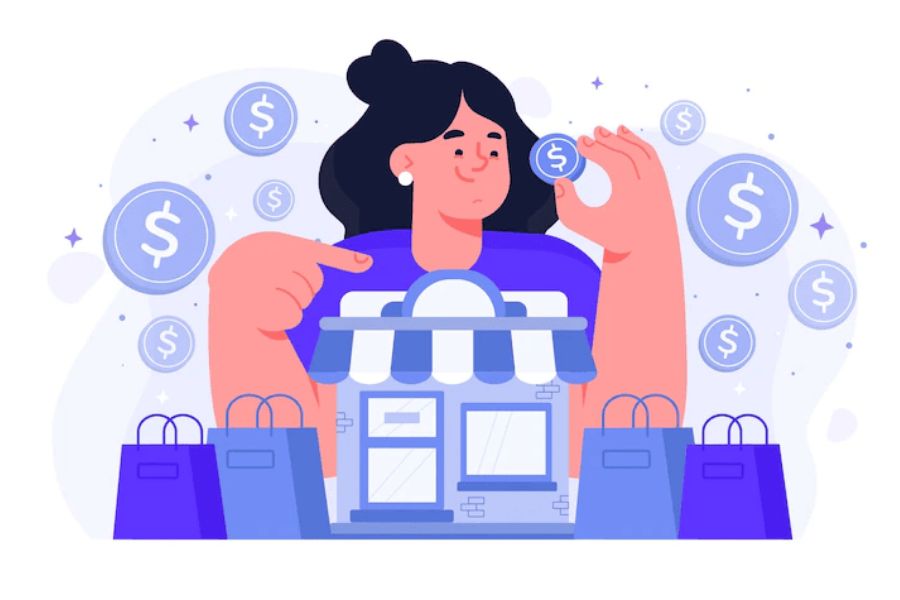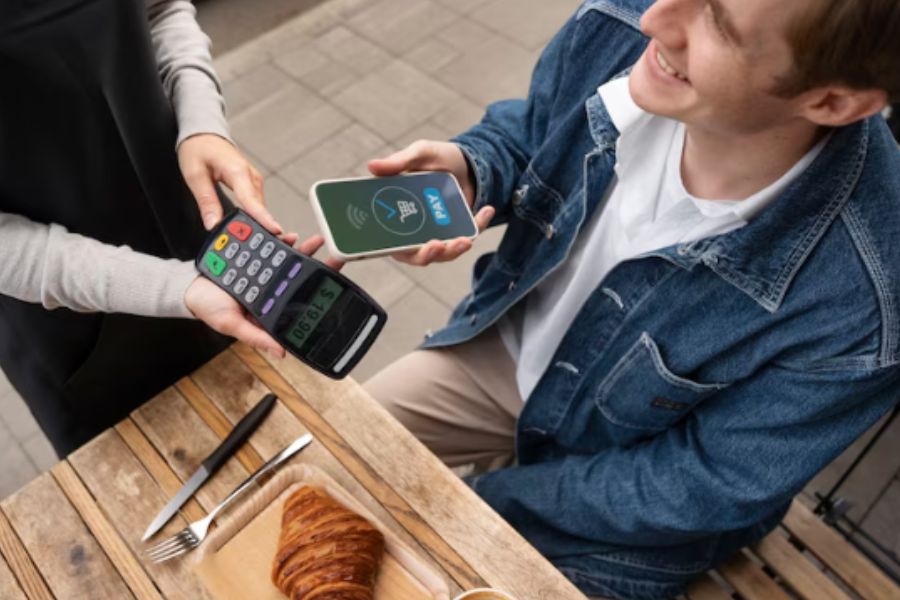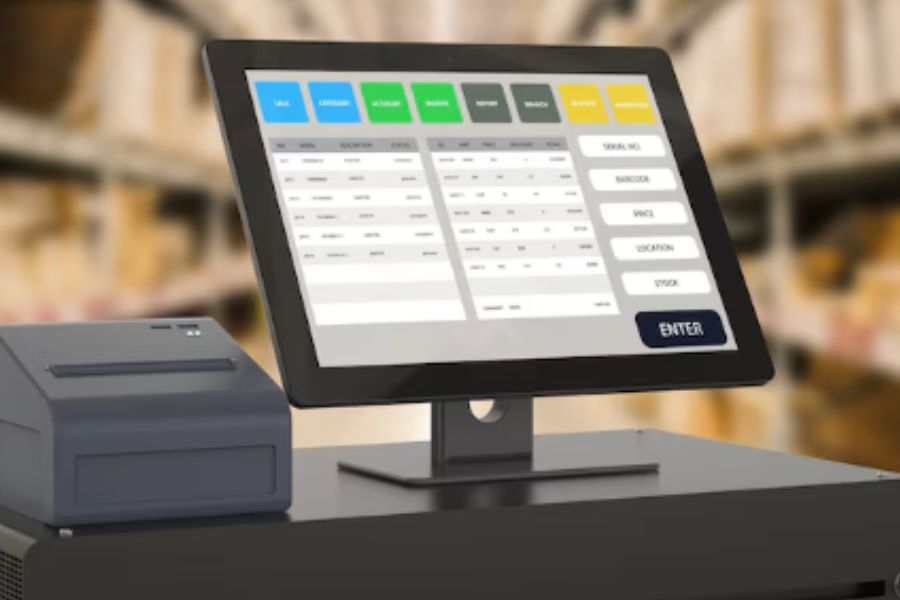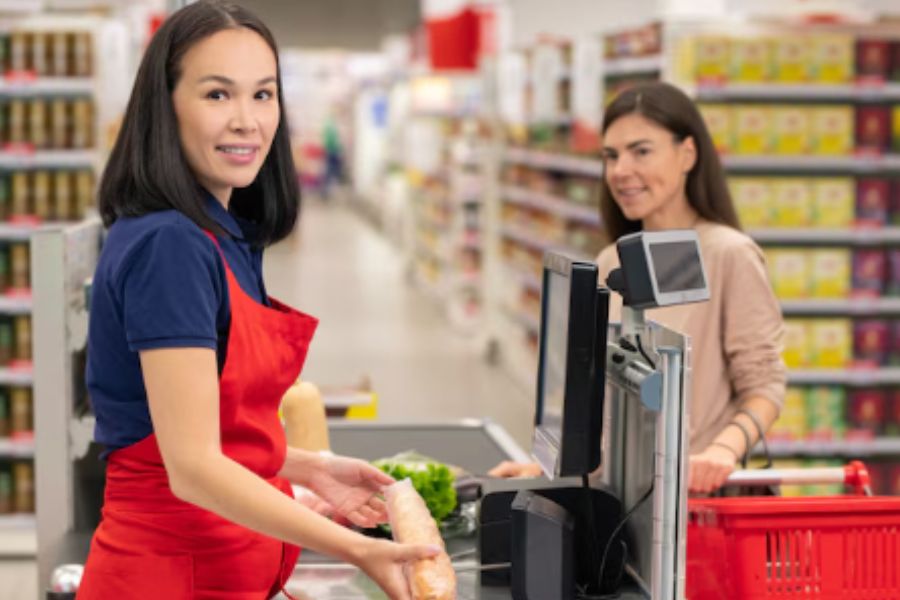Customer service is all about hitting the right notes as it can be the difference between a failing and thriving offline retail. And it can be either caring or intimidating. Excellent customer service can begin with a great loyalty program. One of the most common forms of which is reward points. In today’s article, we’ll dig deeper into why reward points are beneficial and how businesses can utilize reward points to attract footfall to their brick-and-mortar stores.
Reward points matter to most shoppers
No matter being born in different eras and have distinct preferences, customers from all generations are interested in point-based loyalty programs. Research has indicated that 86% of buyers surveyed said that they’ve joined a loyalty program to collect points for later rewards. Such a program is an active scheme to make shoppers feel like they’re really getting something in return for shopping with a particular retailer. This helps motivate shoppers better in comparison with dispensing seasonal coupons.
“They didn’t specify what rewards, it was just about the dynamic of collecting points,” said Kate Hogenson, Senior Loyalty Consultant at Kobie Marketing. “That’s fascinating to me because a lot of retailers say points programs are dead. I would say badly-designed points programs are dead.”
How to increase long-term interest in point-based loyalty programs
The trend of adopting reward points in the retail space is growing rapidly. Thus, retailers need to make sure their loyalty programs are attractive enough to stand out from the crowd. The Loyalty in the Age of the Connected Consumer report by Kobie Marketing has shown that 75% of consumers actively earn and redeem rewards in just three or fewer programs. A successful loyalty program is one that has the ability to consistently engage shoppers to keep them interested, rather than solely existing for seasonal promotions or occasional discounts.
Technology is the key to driving the customer experience, according to a recent study by Retail Systems Research. The top 2 ways to drive more footfall to brick-and-mortar stores are ‘Making the store more fun’ and ‘Improving the customer experience’. Accordingly, reward points can be really helpful to make the in-store experience more interesting as well as to enhance the customer experience.
The key is to take your loyalty scheme further. In reality, most retailers have a point-based loyalty scheme. However, many just give out points after purchases then wait for the customer to come back. There are plenty of further approaches that you can leverage your loyalty data. Your customers’ information from reward points programs facilitates proactive analysis. Accordingly, retailers like you are capable of identifying many opportunities to attract more footfall to your offline stores. Below are the 3 vital steps to conduct a meaningful and outstanding point-based loyalty program for physical store retailers.
Analyze generational preferences
Although the love for reward points is there regardless of generation, it’s still fruitful for retailers to bear the differences in generational preferences in mind when designing their programs. It significantly varies across age groups when it comes to what benefits customers are seeking and how they like their rewards to be redeemed.
- Gen Z (born between 1996 and 2010) are more precautious and protective when it comes to personal information. 28% of the members of this group claim that giving away such information was a barrier to joining a loyalty program.
- Millennials (born between 1981 and 1996) are the most price-conscious and time-sensitive customers. 28% of the group prioritize convenience when considering joining a loyalty program. And 78% look for discounts.
- Gen X (born between 1965 and 1981) doesn’t like to be disturbed too much. 48% prefer programs that send fewer emails or irrelevant notifications.
- Baby Boomers (born from 1946 to 1964) and the Silent Generation (born from 1928 to 1945) are less interested in cardless loyalty programs. 72% mentioned swipe card-based programs as one of their top preferences.
Prioritize convenience and clear value
According to research, 45% of Millennials aren’t willing to join a point-based loyalty program requiring too many purchases to redeem points. Same for 40% of Gen Z. Therefore, if your business targets younger shoppers, keep in mind that they love points. However, they love the ones that can be redeemed into a meaningful reward in a reasonable amount of time. Additionally, the cost (like entrance fee and maintenance fee) was the second-largest concern, stated by 39% of Millennials and 33% of Gen Z respondents.
A well-designed and effective point-based program minimizes the value and time concern and overcomes the cost barrier. To this point, you might think that “So a reward points program that requires absolutely no fee and information data is the ideal one, right?”. Don’t even have such an idea in mind, for your good sake. As an entrepreneur, you need to balance your customers’ convenience and your business’s profitability. So, make sure your customers feel that what they have to give up in a point-based loyalty program is worth what they receive.
One of the extremely successful businesses leveraging reward points is Starbucks, in spite of its requirement of significant work upfront. Not only do customers need to give up personal information, but they also need to sign up for a gift card. However, the conveniences and benefits it returns to customers, particularly the younger ones, are undeniable. It allows shoppers to pay with their phones in addition to accumulating point-based rewards. This definitely helps Starbucks enhance its customer in-store experience by utilizing digital platforms.
And if your store is aiming at Baby Boomers and the Silent Generation, make sure that you have a swipe card-based reward point system. With that, you can make the most of your physical store advantages.
Clearly communicate the steps to earning awards
Although every retailer must inform their customers that they have points to spend or awards to redeem, they also need to avoid spamming customers’ inboxes, particularly when targeting Gen X. The solution to this dilemma is proper communication. When the retailer clearly explains information consumers are more motivated to sign up for the point-based program.
“We’ve seen redemption and clickthrough rates that are at least 50% higher, and sometimes as much as 300% higher, when you have been very specific about saying ‘here’s what you’ve earned.”, said Hogenson. And this is even more critical to offline retailers. They need to highlight the benefits of using reward points in-store to be able to compete with online retailers.
Here are some ideas of the ways that businesses can communicate with their buyers in regard to reward points:
- Offer double points for customers who post reviews about their in-store experience.
- Send reminders to members who have unspent loyalty points.
- Highlight in-store offers that customers could spend their points on, or particular items that are only available in-store.
- Send coupons, which are due within that week or month, to members who haven’t made recent purchases.
- Offer bonus points during special in-store events (new product release, the anniversary of the first store open, etc.)
- Send notifications to members as they are going near a new customer loyalty tier.
- The reward currently active members with exclusive experiences (free makeovers, sneak peeks of new releases, etc.) to make them feel special and valued.
Ideas of in-store reward-point promotion
Scanning products’ QR codes
This method is suitable for businesses that want to reward their customers based on particular products. Moreover, it offers customers a more intriguing shopping experience and instant gratification of being rewarded. By associating each product with a tag, retailers allow customers to scan the QR codes and join the loyalty program. This method is exciting and effective sometimes. However, you should delay the reward redemption to prevent people from keeping the reward after returning the products.
Showing the receipts
This type is more secure to businesses as it ensures customers purchase their products to receive points. Retailers can ask customers to show their purchase receipts to prove their purchase and earn reward points. This method is handy for click-and-collect buyers. They can present their digital receipts when purchasing online to receive points.
Nowadays, technology is so advanced that there are some technical systems helping retailers with ‘proofreading’ the receipts to avoid falsification. This process works with image recognition and OCR (optical character recognition), where we “teach” the system the formats. With that, it recognizes the purchased brands on the receipt, as well as detects any suspicious details.
Joining photo contests
Everyone loves to be a winner, and they can be really competitive for a grand prize. Accordingly, retailers can make their physical stores more exciting by organizing a photo contest. The contest can be free to enter or require that customers spend a few points to participate. Buyers who upload photos of them, for example, enjoying the in-store experience, can take home a big prize. And some of the runner-ups can also be presented with reward points for later redemptions. This is a cost-efficient yet efficient way to boost engagement when you really think about it. You only have to pay for one big prize, but plenty of people will participate in the contest.
Final words
Above are our tips for retailers to attract footfall to their physical stores by reward points. We hope that whenever you’re lost on achieving more customers to your offline stores, you can come to this article as a trustworthy consultant. If you’re into such topics, you can find plenty of meaningful articles on our website. Follow us closely for more in-depth discussions like this! Or if you’re finding a great POS system with a well-functioning loyalty program integration, we’re right here! We, ConnectPOS, are proud to be capable of offering you the leading POS software for your business success. Should you have any questions, don’t hesitate to contact us. Or book your 14-day free trial now to experience our global standard product!



